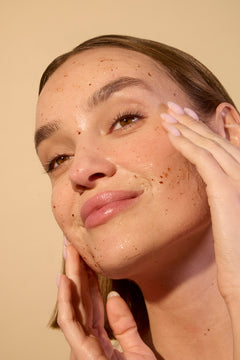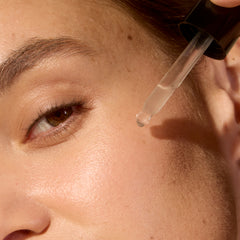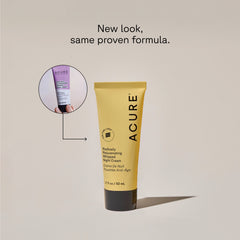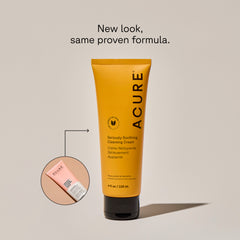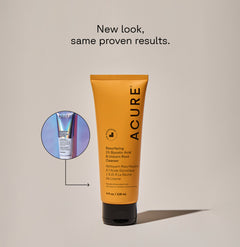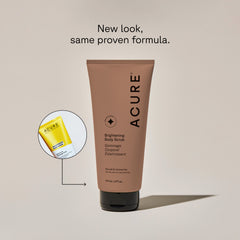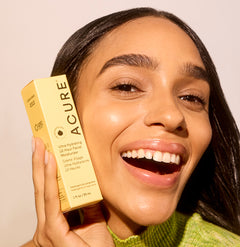In this guide, we’ll walk you through what happens when you go too far with exfoliation, how to spot the signs early, and most importantly, how to heal and protect your skin for the long run.
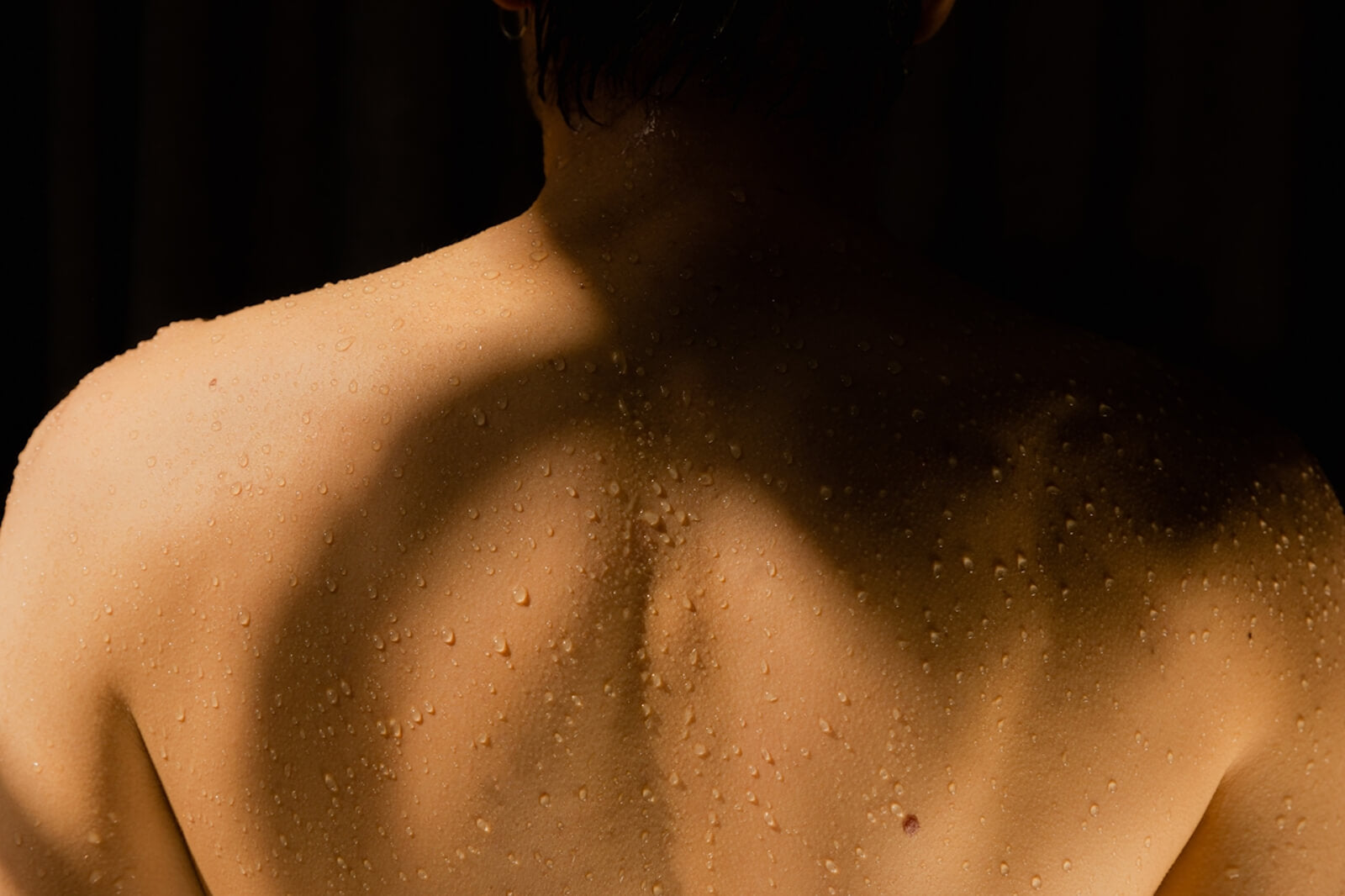
Exfoliation helps remove dead skin cells, boost glow, and keep your complexion looking smooth and fresh. But there’s a fine line between getting that post-exfoliation glow and damaging your skin barrier. Over-exfoliated skin is more common than you think—and it can lead to irritation, sensitivity, and long-term damage.
What Happens When You Over-Exfoliate?
Your skin barrier—also called the moisture barrier—is your first line of defense. It protects against environmental stressors, locks in moisture, and keeps irritation at bay.
Over-exfoliating strips away essential lipids, weakens this barrier, and disrupts your skin’s natural microbiome (link coming soon). This leads to inflammation, dehydration, and a compromised ability to heal. Instead of speeding up your skincare results, over-exfoliation can set your progress back significantly.
5 Clear Signs of Over-Exfoliated Skin
1. Increased Redness and Irritation
Red, blotchy, and reactive skin is one of the most obvious signs. If your skin stings or looks inflamed after applying your usual products, your barrier may be compromised—especially if you have sensitive skin to begin with.
2. Dryness, Flakiness, or Peeling
A weakened skin barrier can’t hold onto moisture. The result? Flaky, tight, or peeling skin that feels rough to the touch. To rebalance, switch to a gentle face cleanser for sensitive skin and replenish moisture with hydrating serums and creams.
3. Breakouts and Sensitivity
Breakouts can actually increase after over-exfoliation. With the barrier impaired, bacteria can more easily penetrate and trigger acne or irritation. The skin also produces more oil to compensate for moisture loss, clogging pores further.
4. Tightness and Burning Sensation
Does your skin feel hot, stingy, or uncomfortable when applying serums or moisturizers? That’s a red flag. It means your protective barrier is inflamed and needs a break from actives.
5. Increased Sun Sensitivity
Over-exfoliated skin is more vulnerable to UV damage. Always wear broad-spectrum SPF to protect it—even on cloudy days or when indoors near windows.

How to Fix Over-Exfoliated Skin
1. Stop Exfoliating Temporarily
Put all chemical and physical exfoliants on pause. Let your skin rest and focus on recovery. Start with a gentle, non-stripping cleanser like the Seriously Soothing Cleansing Cream.
2. Focus on Hydration and Barrier Repair
Look for serums and moisturizers with ingredients like hyaluronic acid, ceramides, and plant oils. These nourish your skin and help rebuild its defenses.
3. Use a Gentle Moisturizer
Hydration is key—but so is barrier support. Choose a soothing, fragrance-free formula that seals in moisture and keeps irritants out.
4. Apply SPF Daily
Never skip sun protection. Your skin is extra sensitive right now and needs SPF 30+ every morning to prevent further damage.
5. Reintroduce Exfoliation Slowly
Once your skin has healed, limit exfoliation to just 1–2 times a week using gentle products. Pay attention to how your skin responds, and scale back if needed.
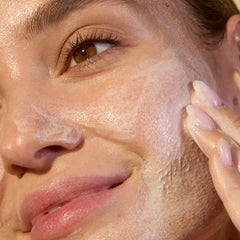
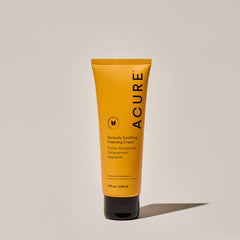
How to Prevent Over-Exfoliation in the Future
- Use gentle exfoliants—skip the harsh scrubs and intense peels.
- Don’t exfoliate daily; your skin needs time to regenerate.
- Follow with moisturizers and SPF to protect and nourish.
- Listen to your skin. If it feels tight or irritated, give it a break.
Best Acure Products to Restore and Protect Over-Exfoliated Skin
Looking to bounce back from over-exfoliation? Try these skin-loving formulas:
- Seriously Soothing Cleansing Cream – A calming cleanser for sensitive skin.
- Radically Rejuvenating Whipped Night Cream – Rich, nourishing moisture while you sleep.
- Brightening Facial Scrub – A gentle reintroduction to exfoliation once your skin is ready.
Acure products are always 100% vegan, cruelty-free, and free from parabens, sulfates, and harsh chemicals—because your skin deserves the best.
